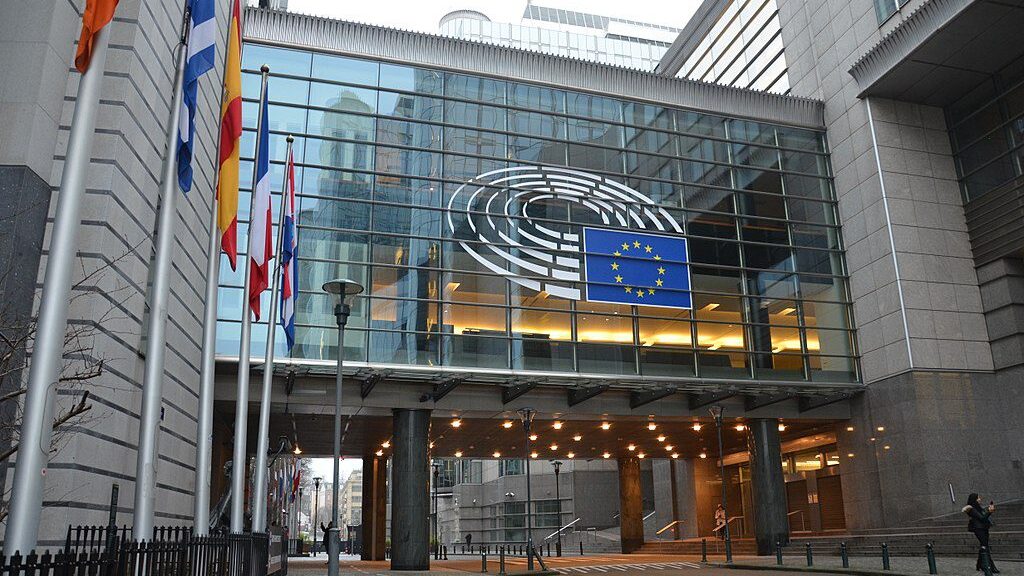
Photo: Steven Lek, CC BY-SA 4.0, via Wikimedia Commons
For Europeans heading into EU elections this summer, Roberta Metsola―the European Parliament (EP) president―is less well known and less recognised by the bloc’s voters than even Spanish MEP and Catalan separatist Carles Pugidemont.
So found a new survey of 5,200 citizens of France, Germany, Denmark, Lithuania and Slovenia. For what it’s worth, the survey was commissioned by the delegation of the party Junts Per Catalonia, the separatist party of Puigdemont, and focuses on attitudes towards nationalist movements in Europe. Nevertheless, it also reveals additional attitudes of Europeans towards the EU that may be important in determining the outcome of EU elections.
Eurosceptics could argue that the widespread non-recognition of EP party leaders speaks to the institution’s lack of political legitimacy among their wider electorate.
Ursula Von Der Leyen was the most easily recognised EU politician, with the French the least likely to recognise her, at 59% compared to 87% in Germany and 85% in Lithuania. Less than half of those surveyed recognised European Council President Charles Michel, with Lithuanian recognition scoring the highest at 47% and Danes the lowest at 32%. For parliamentarians including Puigdemont, Metsola and other party leaders such as Manfred Weber, the recognition rates among surveyed citizens in total came in roughly between 30% and 40%, with Puigdemont the most well known, though merely by a few percentage points.
The surveys also asked about the EU’s response to several recent international situations, ranging from the migration crisis to the pandemic to the war in Gaza and Israel. On the pandemic, 53% said the EU responded well. Public opinion on the EU’s response to the Ukraine war and Brexit was also closely split between the idea it was well- and poorly managed. In contrast, on the Gaza-Israeli conflict and climate change, approximately 60% of respondents thought the EU had done “very bad” or “fairly bad.” On migration, the majority—about 70%—also thought the EU response rated as “very” to “fairly” bad.
The survey did not ask respondents for details about their dissatisfaction with the EU, but migration, the Green Deal, and the ongoing conflict in the Middle East will all be on many voters’ minds when they head to the polls this summer.
